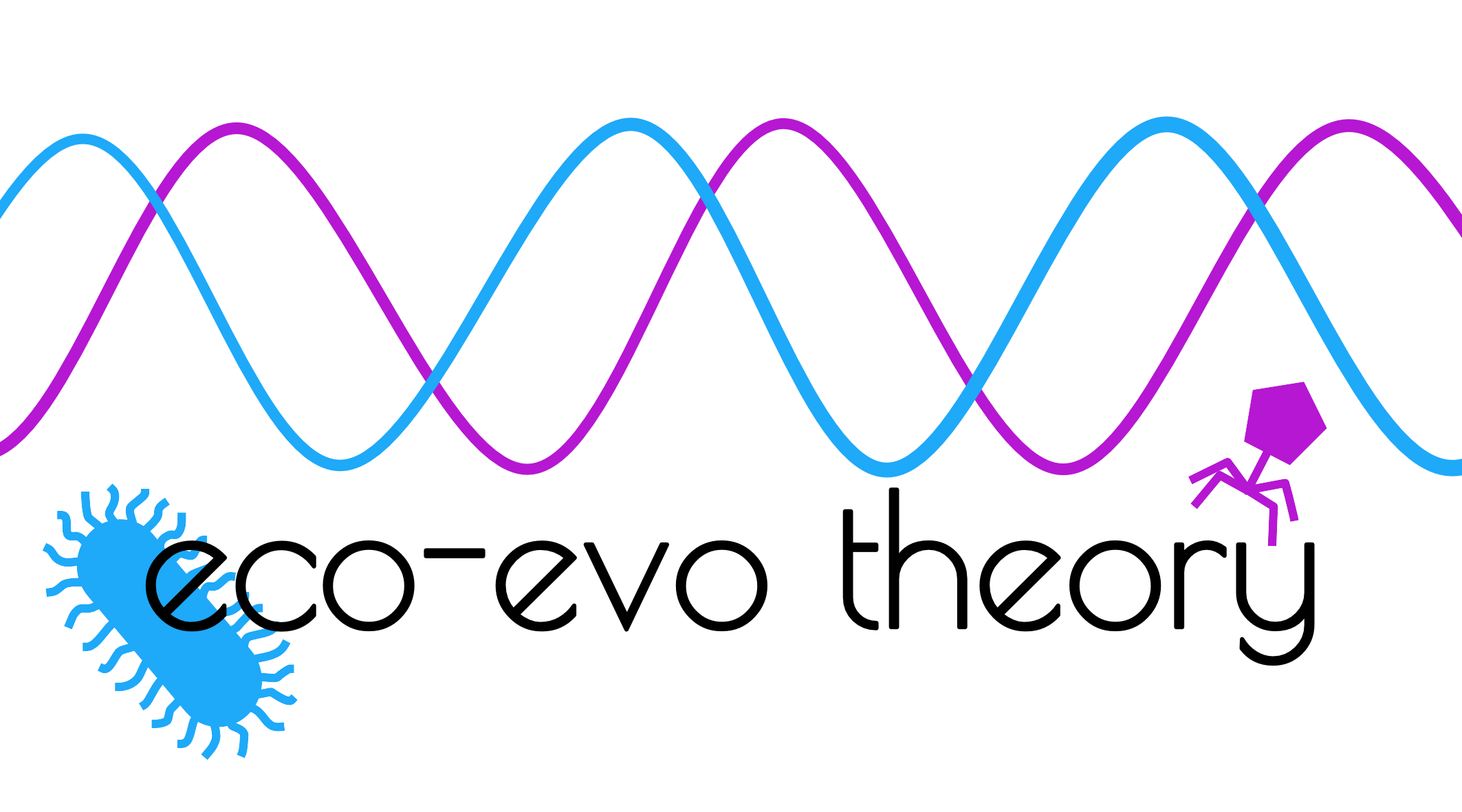Ashby B (2014) The effects of contact patterns and genetic specificity on host and parasite evolution.
Abstract
Many bacteria, viruses and other parasites cause severe morbidity or mortality in their host populations, creating strong selection for physiological or behavioural mechanisms to avoid disease. Likewise, changes in host susceptibility and contact patterns can dramatically influence the spread of infectious diseases, and hence selection for traits such as virulence and infectivity range in parasites. Understanding how ecological and evolutionary changes in one population affect selection in another represents a key challenge for theoreticians and empiricists alike, and is essential for gaining further insights into host-parasite relationships.
This thesis contains theoretical models that explore how genetic and environmental factors shape the evolutionary and coevolutionary dynamics of hosts and parasites. In particular, the roles of genetic specificity (i.e. genotype-by-genotype interactions) and population mixing patterns are investigated, using both mathematical models and computer simulations. A broad range of scenarios are covered, including the coevolution of broad resistance and infectivity ranges (generalism), the persistence of coevolutionary cycling and the maintenance of sex, the effects of mating behaviour on disease prevalence and evolution, and the evolution of sexual and social behaviour. The models presented herein develop our understanding of host-parasite relationships and highlight the importance of genetic interactions and ecological feedbacks.

